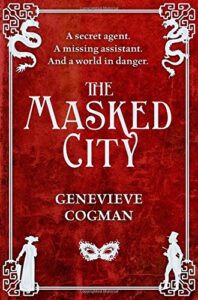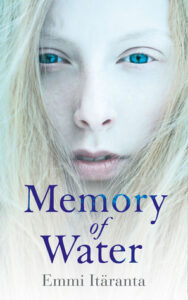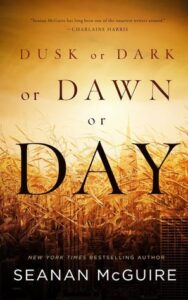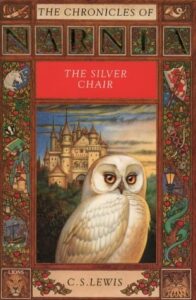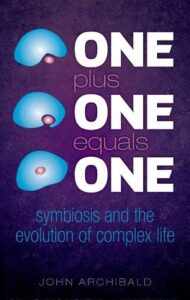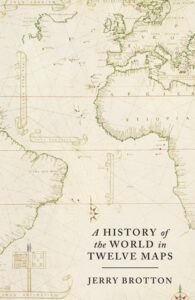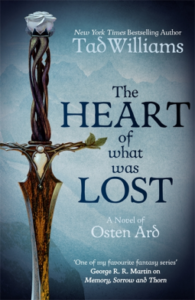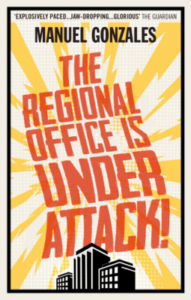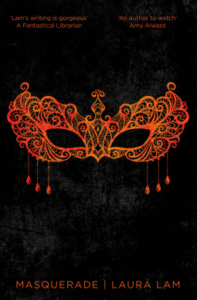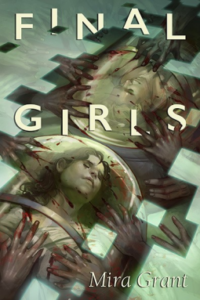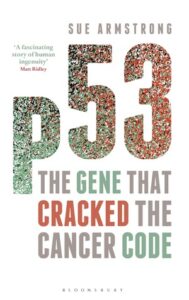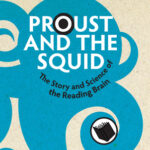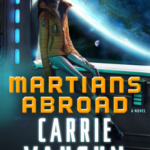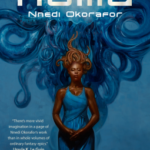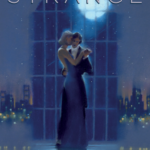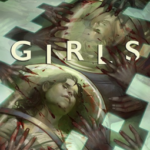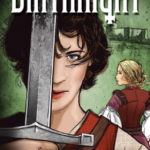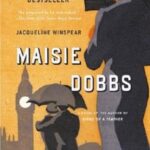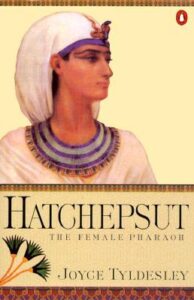 Hatchepsut: The Female Pharaoh, Joyce Tyldesley
Hatchepsut: The Female Pharaoh, Joyce Tyldesley
The problem with Hatchepsut, compared with the subject of another of Tyldesley’s biographies, Cleopatra, is that there just isn’t enough to go on. While Tyldesley does a good job at presenting the information we have about Hatchepsut, there just isn’t enough of it. Given the way the female pharaoh’s reign was hidden deliberately and by the misunderstanding of scholars and the pillaging of Egypt’s antiquities, I’m not sure if anyone can write a satisfying biography of Hatchepsut. Even where Tyldesley tries to look for the personality of Egypt’s female pharaoh, it seems so thin and speculative that it doesn’t work very well.
The benefit of all this, of course, is that this isn’t sensationalised. There’s no absurd speculations about Hatchepsut’s gender and sexuality — an approach I could really imagine from some less source-based biographies, in this world where such things are endlessly fascinating to many. It sticks to the facts, presenting something as close to authenticity and truth as we can get from this distance.
It’s just, even if you don’t want something sensational, that can be less than satisfying. This book is enjoyable if you’re into Egypt and Egyptology, but perhaps less so if you’re looking for an inspirational story about a woman overcoming patriarchy. Personally, I enjoyed it, but I can understand those who have found it dry.

